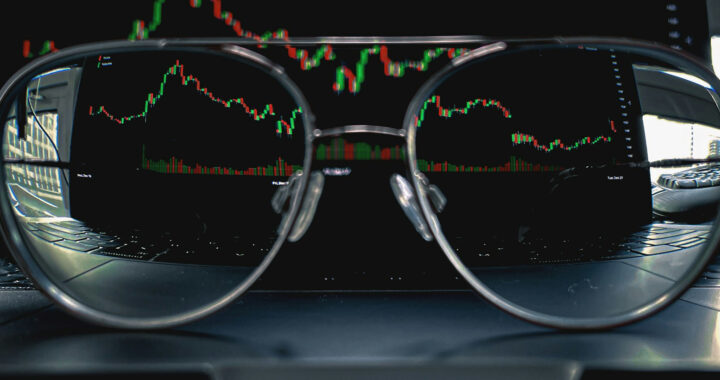The stock market is dynamic and complex but its movement or performance is often tied to current events. Hence, whenever individuals or institutions, including government officials, blame the distant past for the poor performance of specific stocks or the entire stock index, it signals an attempt to deflect from responsibility and shift blame away from current leadership. The stock market is almost always reactive and somewhat proactive. It is rarely retroactive.
Understanding the Stock Market: The Reactive Nature of the Stock Market with Some Proactivity and Very Occasional Retroactivity
Primary Reactive Nature: Responding Rapidly to New Information
It is important to underscore the fact that the stock market reflects current sentiments based on current occurrences. The prices of individual stocks and the performance of stock indices fluctuate based on new information from news and events as they become available.
Examples of information that compel the market to react include relevant macroeconomic and sociopolitical information like economic indicators, price movements of commodities like oil and gas, political and geopolitical developments, and economic policies, as well as microeconomic information like company performance and various marketing messages.
A dominant theory in finance, the Efficient Market Hypothesis, suggests that current stock prices already reflect all available information. This means that any new information will quickly be incorporated into the price or prices move rapidly to reflect all available information.
Several examples in history demonstrated the reactive nature of the stock. The announcements related to lockdowns and business shutdowns following the coronavirus pandemic in 2020 resulted in stock exchanges across the world sounding an alarm. The rollout of universal tariffs under the second Trump administration in April 2025 resulted in U.S. stocks plummeting.
Limited Proactive Characteristic: Anticipating Future Outcomes
However, while the stock market is generally reactive, there are some instances and elements in which it is also proactive. Some sophisticated investors and traders attempt to anticipate future trends and events. This is true for those whose main investment goal is to outperform benchmarks like stock indices and historical performance data.
The stock market also reflects future sentiments or prospects to a certain extent. This anticipatory behavior occurs because there are individuals or institutions that incorporate their expectations in their investing or trading decisions. The stock market is also often considered a leading indicator for the broader economy. This means that its trends can sometimes foreshadow future economic expansions or contractions.
Some investors and traders reference recurring events like holidays when buying or selling stocks while others focus on the cyclical nature of the economy or the boom-and-bust cycle to adapt their portfolios or switch from growth investing to defensive investing. Traders use technical analysis to predict the short-term movements in stock prices.
Some Retroactive Nature: Revising Past Reactions With New Context
Sometimes the stock market revises past reactions when new insights emerge or if it realizes an earlier response was misjudged. This is not common across the entire market and among investors and traders. Moreover, when it happens, it can result in market volatility.
There are some scenarios when individuals or institutions take into consideration historical data or previous events in their decisions. The stock price of a company can drop following bad press but will later rise after investors and traders reevaluate the long-term impact. This was observed in incidents like the Colin Kaepernick ad campaign controversy of Nike in 2018.
A retrospective analysis helps in learning and developing investment strategies, but it is often done in consideration of new context or information. It also does not change the fact that the movements of the stock market at the time were a reaction to the information available then.
Others might argue that market correction showcases that the stock market is retroactive. This is not the case. A correction is better understood as a reactive or proactive response. It occurs when the entire market takes into consideration current information and changing outlooks like rising interest rates, geopolitical tensions, or deteriorating earnings forecasts, among others.
Summary and Pointers: Stock Market as Primarily Reactive by Default, Proactive to a Limited Extent, and Very Rarely Retroactive
The stock market lives in the present and it keeps an eye on the future. It also occasionally glances at the past. Investor sentiment, which is often driven by emotions like fear and greed, plays a significant role in market reactions. News, regardless if it is positive or negative, can trigger an emotional response and widespread buying or selling. This leads to price swings.
It is still worth noting that it can also reflect future sentiments or prospects. Those who want to maximize their stock portfolios while minimizing risks will also incorporate macroeconomic and microeconomic data and information in their investing or trading decisions. The stock market can be retroactive in some occasions but this is generally considered inefficient.
